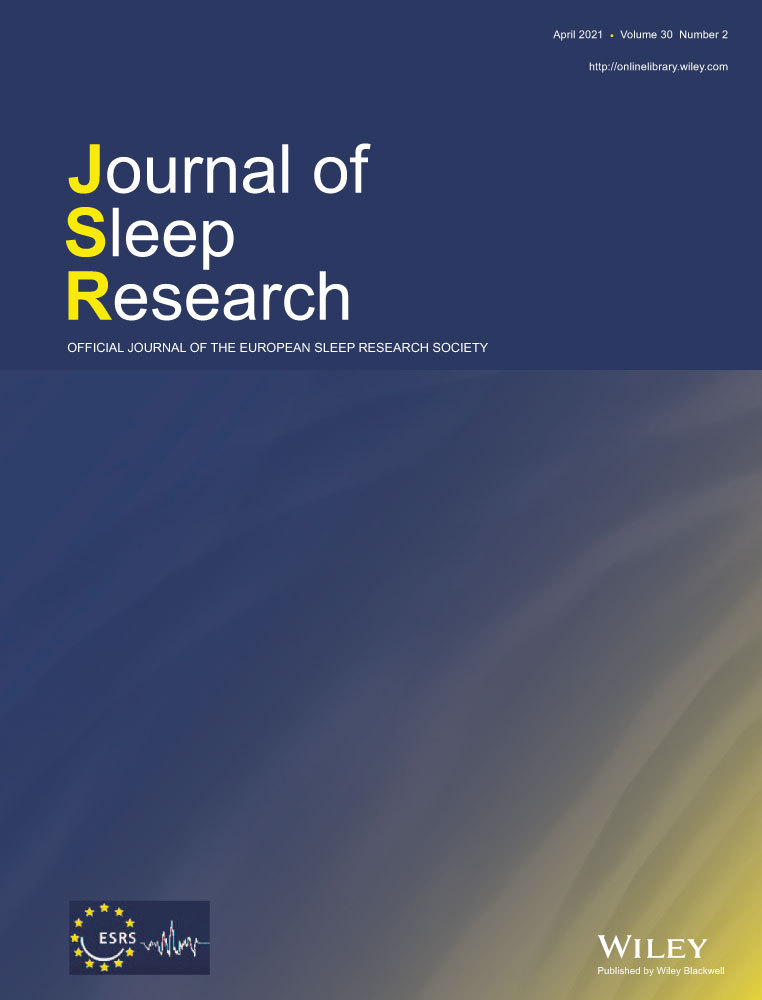Acceptance of virtual agents in a homecare context: Evaluation of excessive daytime sleepiness in apneic patients during interventions by continuous positive airway pressure (CPAP) providers
Abstract
Sleep apnea syndrome treatment relies primarily on continuous positive airway pressure, which requires a homecare follow-up. Excessive daytime sleepiness is a key symptom to be measured during follow-up, and there is a need for more easy-to-administer, ecological and engaging tools to assess it. Virtual agents have shown their effectiveness in performing clinical evaluation in a medical environment. A virtual agent assessing excessive daytime sleepiness via the Epworth Sleepiness Scale has been tested at home by 102 patients treated by continuous positive airway pressure (CPAP) and their homecare providers. Acceptance and trustworthiness of the agent, as well as the influence of demographics and clinical characteristics of patients, were investigated. Results showed that both patients and homecare providers reported a positive attitude towards the virtual agent, which was found to be usable, satisfactory, credible and benevolent. Homecare providers reported that it was not a burden to their working routine. Positive regression coefficients were found between patients' and homecare providers' attitudes towards the virtual agent. We found no influence of patients' demographics and clinical characteristics on their acceptance of the virtual agent. This shows that virtual agents are well accepted by patients and homecare providers, independently of their demographics and clinical characteristics. Positive regression coefficients observed between patients' and homecare providers' perceptions of the agent indicate that the opinions of both influence acceptance of the virtual agent in a homecare context. Virtual agents are new innovative digital solutions to be considered in homecare follow-up of apneic patients treated by CPAP.
CONFLICT OF INTEREST
All authors declare no competing interests.




